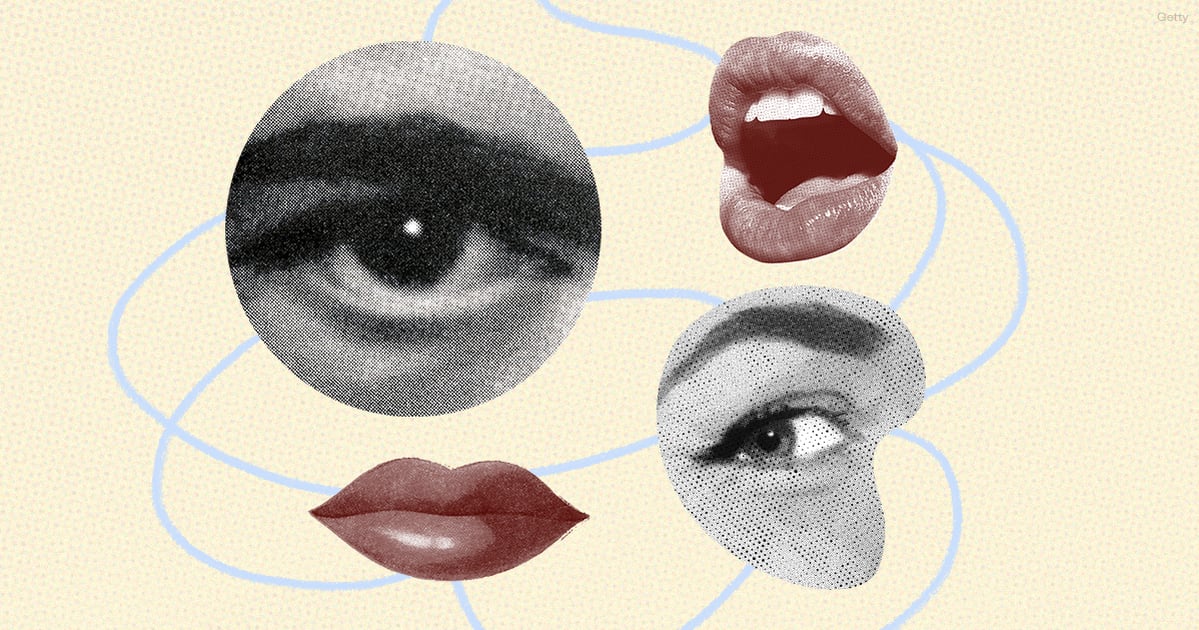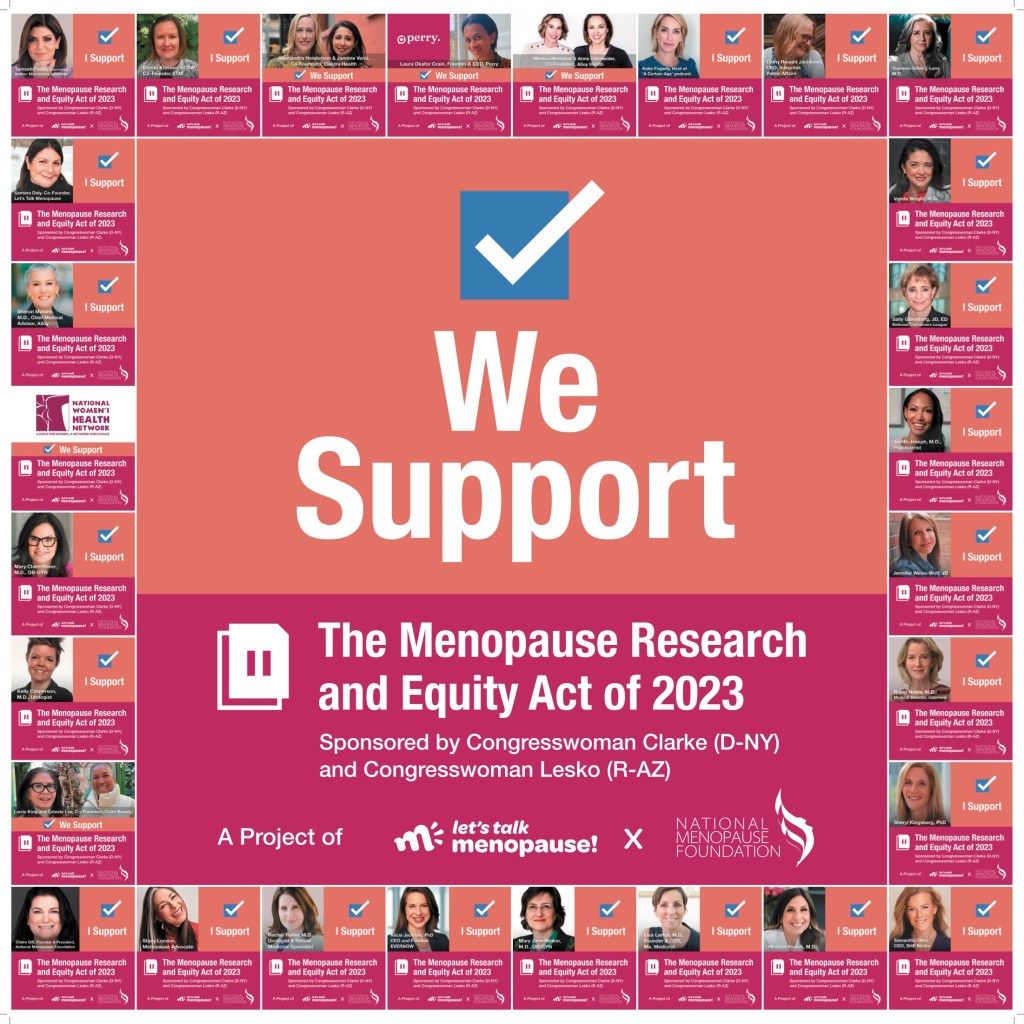In couples’ therapy sessions around the country, many heterosexual men sit with their partners, befuddled as to why their sex lives have dwindled. As a Certified Sex Therapist and Couples’ Therapist, one of the most common concerns I see is desire discrepancy, and it can be so frustrating for partners looking to reclaim a sexual connection.
The chasm in any couple’s desire discrepancy is informed by many factors – biological, emotional, and situational. But one libido killer that’s often overlooked is the effect of near constant exposure to sexism and misogyny on women, both within their relationships and in the outside environment.
Exposure to Hostile and Benevolent Sexism
Sexism takes many shapes and forms and can be benevolent, hostile, or – when someone exhibits both – ambivalent. Hostile sexism is aggressive and easier to spot; this style is often demonstrated through negative attitudes and antagonistic behavior toward women, seeing them as less than men and as a threat to male power. Benevolent sexism is a little more insidious; on the surface, it appears more positive and idealizing of women as pure and nurturing.
Hostile sexism is often used by misogynistic men to ensure that women do not step out of their assigned place, while benevolent sexism is reserved for women who remain compliant to men and in need of protection. Ambivalent sexism refers to the coexistence of both negative and positive attitudes about women.
The Sexism of the System
Examples of both hostile and benevolent sexism and misogyny reach every domain of life, including the individual, interpersonal, and institutional.
Institutionally, things in our country aren’t exactly friendly to women or people assigned female at birth (AFAB). Institutional examples of sexism run rampant in the legal system, the medical system, the educational system, and the workplace. Highly publicized guilty verdicts in sexual violence cases are overturned, leaving survivors and other women with little faith in the legal system. Survivors of intimate partner violence experience legal loopholes that prevent their cases from seeing justice and are often forced to re-experience their trauma in the court of public opinion.
Yes, it can be frustrating to be on the other side of someone else’s traumatic experience and feel helpless about how it affects your sex life.
Even in 2024, living as a woman is restrictive and dangerous. Tensions around the legality of reproductive healthcare have restricted the autonomy of many women and people AFAB. The leading cause of death for pregnant women is homicide. In the United States, the rate of femicide rose 29 percent between 2017 and 2022, and nearly three women per day are killed by an intimate partner or family member. In multiple states, you cannot get a divorce if one spouse is pregnant, and some states are trying to place restrictions on no-fault divorce.
Interpersonally, women face threats of sexual, physical, and emotional violence – both as victims and bystanders. And let’s not forget the daily exposure to misogynistic content and comments by men on the internet.
Partner, Parent, or Bang Maid?
Many individuals and couples live in denial that misogyny and sexism could be infiltrating their relationships and wreaking havoc in the bedroom. Often dismissed or minimized in discussions between partners and in couples’ sessions, the accumulation of what can be considered “little t” traumas can be vast.
Partners may not even clock their interactions as rooted in sexism and misogyny. Consider the many examples of quiet or casual misogyny that don’t sound like obvious declarations of hate. For instance, dismissing a woman’s feelings or opinions as irrational, not celebrating a woman’s successes, or not knowing what size clothes or shoes their kids wear, because their mom takes care of those things.
Cloaked in the fabric of benevolent sexism, people of all genders can mistake sexist and misogynistic overtures as nostalgia for tradition (the most recent example being the troubling “trad wife” trend) or religious virtue. Two common examples of sexism and misogyny in heterosexual relationships – which often have a negative effect on women’s desire – include inequities in domestic and emotional labor and sexual entitlement and double standards.
Even if they desire sex, the kind of sex they’re having may not lead to pleasure.
For women and people AFAB who partner with cishet men, relationships often come with implicit and sometimes explicit expectations about taking care of the home, children, and extended family. This includes not just physical labor, such as housework, but hermeneutic labor, which means expressing your emotions and solving problems in the relationship.
For many cisgender men, gender role socialization has left them at odds with their own emotions. Difficulty identifying, naming, or communicating their full range of their emotions often means that their partners have to do far more than their share of the emotional labor in the relationship. Chronic inequities in domestic, emotional, and hermeneutic labor can result in burnout, weariness, resentment and fatigue – all of which can make desire difficult to access for women.
A particularly insidious form of emotional labor specifically applies to sex, in which sexual emotional labor results in an increased likelihood of women faking orgasms, tolerating sexual pain, not expecting to have sex that was pleasurable for them, and defining sexual pleasure based on their partner’s pleasure. Some women engage in this labor to protect their partner’s feelings, either to prevent a partner’s bad mood or aggressive forms of retaliation. Even if they desire sex, the kind of sex they’re having may not lead to pleasure, just more labor. It makes sense that they are not clamoring for more and may feel ambivalent at best.
Sexual entitlement tends to enter a heterosexual couple’s dynamic when one or both partners adhere to higher degrees of ambivalent sexism. For instance, when one partner believes they deserve sexual access to their partner, regardless of their partner’s mood, desire, or consent. One study highlighted that both men and women who embraced traditional gender roles reported lower desire than participants with low adherence to traditional gender roles – but they had more frequent sex to maintain the obligations of their gender roles. For men, that meant having more sex to demonstrate the credibility of one’s masculinity, and for women, it meant providing sexual pleasure to their partner.
Other research highlights a gap in pleasure, based on gender dynamics, in which participants indicated that men were more likely to receive pleasure, women were more likely to provide pleasure to their partners, and a belief that men’s orgasms were more important. The chronic objectification women face as a result of gendered sexual entitlement can lead to negative outcomes for physical and mental health, cognitive performance, body image, and sexual health and agency. Additionally, both hostile or benevolent sexism was found to be a predictor of infidelity.
Threat and Desire Dynamics
Misogyny and sexism can pose a physical threat, as well as a threat to self-esteem and self-worth. The same is true for racism, ableism, and other forms of oppression. It is healthy to distance yourself from experiences that leave you feeling devalued, disinterested, or unsafe. Experiencing or being exposed to gender-based violence and exploitation can lead to women experiencing chronic stress, which can lead to various mental health issues and decreased desire.
As more and more women are waking up to the dehumanizing effects of sexism and misogyny, they are taking a step back from dating, being in relationships, or having sex with men. And for good reason. Through the process of neuroception, our brains are designed to assess what feels like a threat and what feels safe, in an effort to procure our survival. Even if something is not imminently life-threatening, our brains recognize what is unsafe emotionally and proceeds to warn us.
Even if something is not imminently life-threatening, our brains recognize what is unsafe emotionally and proceeds to warn us.
Desire is dependent on the context of our interactions. When an interaction contains emotional, physical, or sexual dynamics that are unsafe or dehumanizing, what remains is disinterest or disgust. Disgust is a safeguarding emotion and often inhibits desire. Disgust tells us something is unsafe for the survival of our bodies or the preservation of our sense of self.
Many men report feeling a wave of resentment reflected back to them, as a result of women’s lived and observed experiences of gender-based oppression. Men find it difficult to understand and unfair, because they aren’t the men who are engaging in sexist behavior. Why can’t their partner have desire for them? They are one of the good guys.
Yes, it can be frustrating to be on the other side of someone else’s traumatic experience and feel helpless about how it affects your sex life. But many men fail to realize how even this mindset perpetuates the sexual objectification their partner has already endured for years, which centers men’s needs and requires women to undermine their own needs and be in service of someone else’s pleasure.
Women partnered with said men are often faced with a partner who doesn’t get it, minimizes their experience, and does not seek to educate himself on male privilege or on the effects of sexism and misogyny (especially his own). In partnerships like these, the sexual entitlement and inequities in emotional labor persist; it’s no wonder women’s libidos would languish.
Kate Balestrieri, PsyD, is a licensed psychologist, a certified sex therapist, and the founder of Modern Intimacy. Passionate about sex positivity, pleasure equity, and healing from trauma, she hosts the “Get Naked With Dr. Kate” podcast, which helps people live an empowered sexual and relational life. Dr. Kate is a PS Council member.




